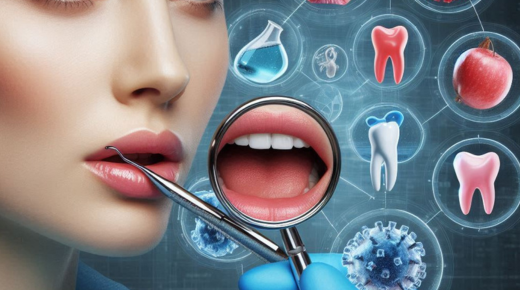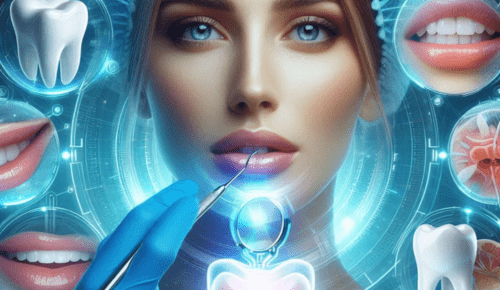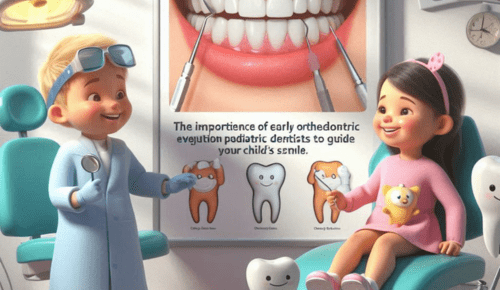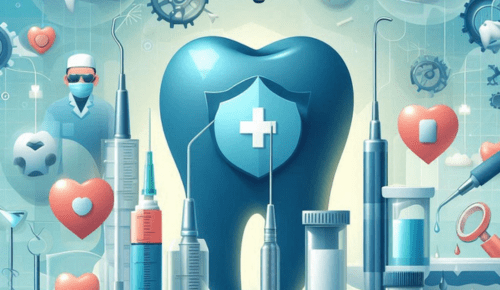
Pre-Cancer Dentistry – Early Detection for Oral Health
Pre-cancer dentistry offered by the general dentist in Torrance, CA is a proactive approach to oral healthcare that focuses on identifying and managing conditions that may increase the risk of developing oral cancer. As a crucial aspect of preventive dentistry, pre-cancer dentistry aims to detect potential problems before they become malignant, thereby reducing the risk of oral cancer and improving treatment outcomes. Pre-cancer dentistry empowers individuals to take control of their oral health and reduces the likelihood of this devastating disease. Through early detection and intervention, pre-cancer dentistry has the potential to save lives and improve the quality of life for millions of people worldwide.
In this article, we will explore the principles and practices of pre-cancer dentistry, and how it is revolutionizing the way we approach oral healthcare.
What are the risk factors for oral cancer?
Several factors increase the risk of developing oral cancer, including:
- Tobacco use (smoking, chewing, or snuffing)
- Excessive alcohol consumption
- Human Papillomavirus (HPV) infection
- Family history of oral cancer
- Previous oral cancer diagnosis
- Prolonged sun exposure (increases the risk of lip cancer)
- Poor diet (low in fruits and vegetables)
- Age (risk increases after 40)
- Gender (men are more likely to develop oral cancer)
- Certain genetic syndromes (e.g., Fanconi anemia)
What are pre-cancer dentistry practices?
Here’s an elaboration of pre-cancer dentistry practices:
- Regular dental check-ups and cleanings: Regular dental visits enable dentists to monitor patients’ oral health and detect any suspicious changes or lesions early on.
- Oral cancer screenings: A thorough visual and tactile examination of the oral cavity, including the tongue, floor of the mouth, lips, cheeks, gums, and palate, to identify any abnormalities or suspicious lesions.
- Biopsies of suspicious lesions: A biopsy involves removing a small sample of tissue from a suspicious lesion for examination under a microscope to determine if it’s cancerous or precancerous.
- Removal of precancerous lesions: Removing precancerous lesions, such as leukoplakia or erythroplakia, can prevent them from developing into oral cancer.
- Patient education: Educating patients on oral cancer risk factors, prevention strategies, and early detection methods empowers them to take control of their oral health.
- Tobacco cessation counseling: Helping patients quit tobacco use reduces their risk of developing oral cancer.
- HPV screening and vaccination: Screening for HPV and providing vaccination (for eligible patients) can help prevent HPV-related oral cancers.
- Dietary counseling: Encouraging a healthy diet rich in fruits, vegetables, and whole grains can help reduce the risk of oral cancer.
- Sun protection counseling: Advising patients on sun protection measures, such as using lip balms with SPF, can help prevent lip cancer.
- Monitoring high-risk patients: Regularly monitoring patients with a history of oral cancer or other risk factors ensures early detection of any new or recurring lesions.
- Advanced diagnostic tools: Utilizing advanced diagnostic tools like fluorescence imaging or DNA testing can aid in the early detection and diagnosis of oral cancer.
- Referral to specialists: Referring patients to oral surgeons, oncologists, or other specialists when necessary ensures comprehensive care and management of oral cancer cases.
What are oral cancer screenings?
Oral cancer screenings are a crucial part of pre-cancer dentistry. These screenings involve a visual examination of the oral cavity to identify any suspicious lesions or abnormalities. The dentist will typically use a combination of visual and tactile techniques to examine the:
- Tongue
- The floor of the mouth
- Lips
- Cheeks
- Gums
- Palate
Pre-cancer dentistry plays a vital role in the early detection and prevention of oral cancer. By identifying and managing oral health conditions that may increase the risk of oral cancer, dentists can help prevent this serious and potentially life-threatening disease. Regular dental check-ups, oral cancer screenings, biopsies, and patient education are all essential components of pre-cancer dentistry. By working together, dentists and patients can reduce the risk of oral cancer and promote overall oral health.



